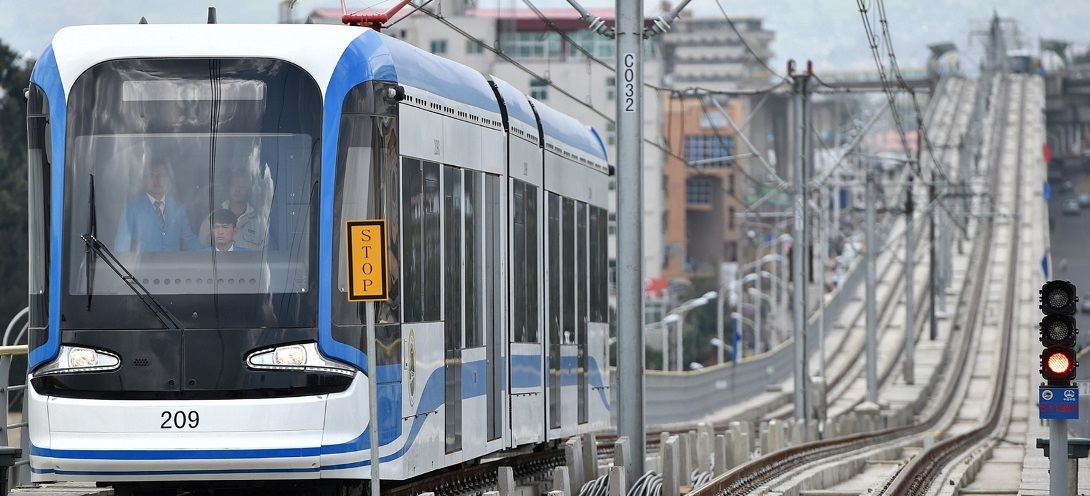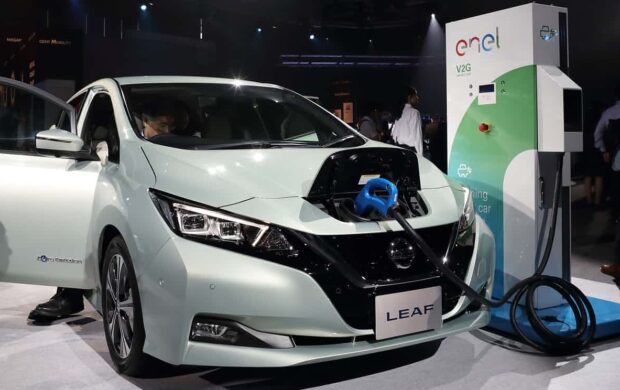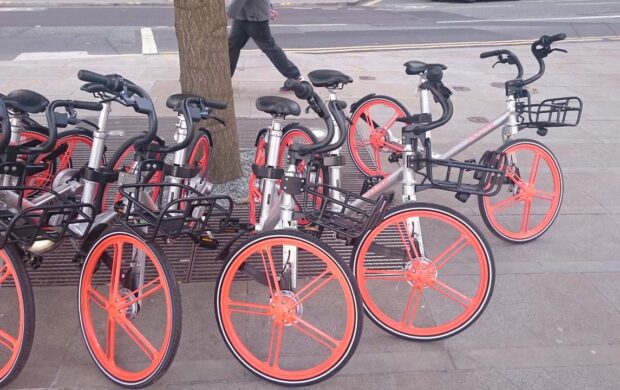Capable of transporting 60,000 residents an hour in Ethiopia’s five million strong capital, the Addis Ababa light railway is a sign of the increasing pace towards modernization, interconnectivity and cosmopolitanism that is developing throughout African metropoles beneath the Sahara desert.

The first line, which opened in September 2015, connects manufacturing and industrial areas in the south with the city center’s state buildings, businesses and the headquarters of the African Union. A second line connecting eastern and western districts of the city opened in November 2015.
The first 32km line has 39 stations and took just three years to build, with 85% of the projects finance coming through a $475 million loan from the Export Import Bank of China. In addition to investment, the project relied heavily on engineering expertise from the China Railway Group (CREC) to construct and carry out the ongoing operation of the line. The UN has classified the project as environmentally friendly as it will have its own independent 160MW grid, powered by four gas-fueled substations.







